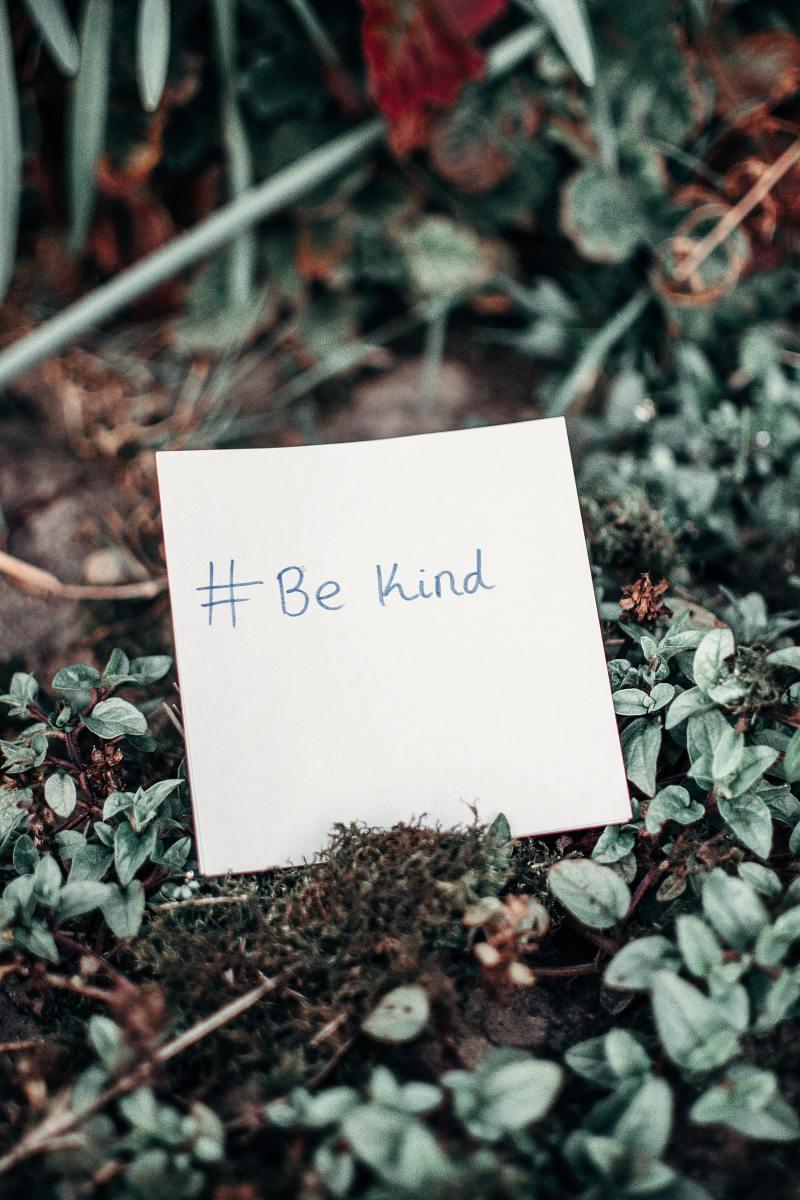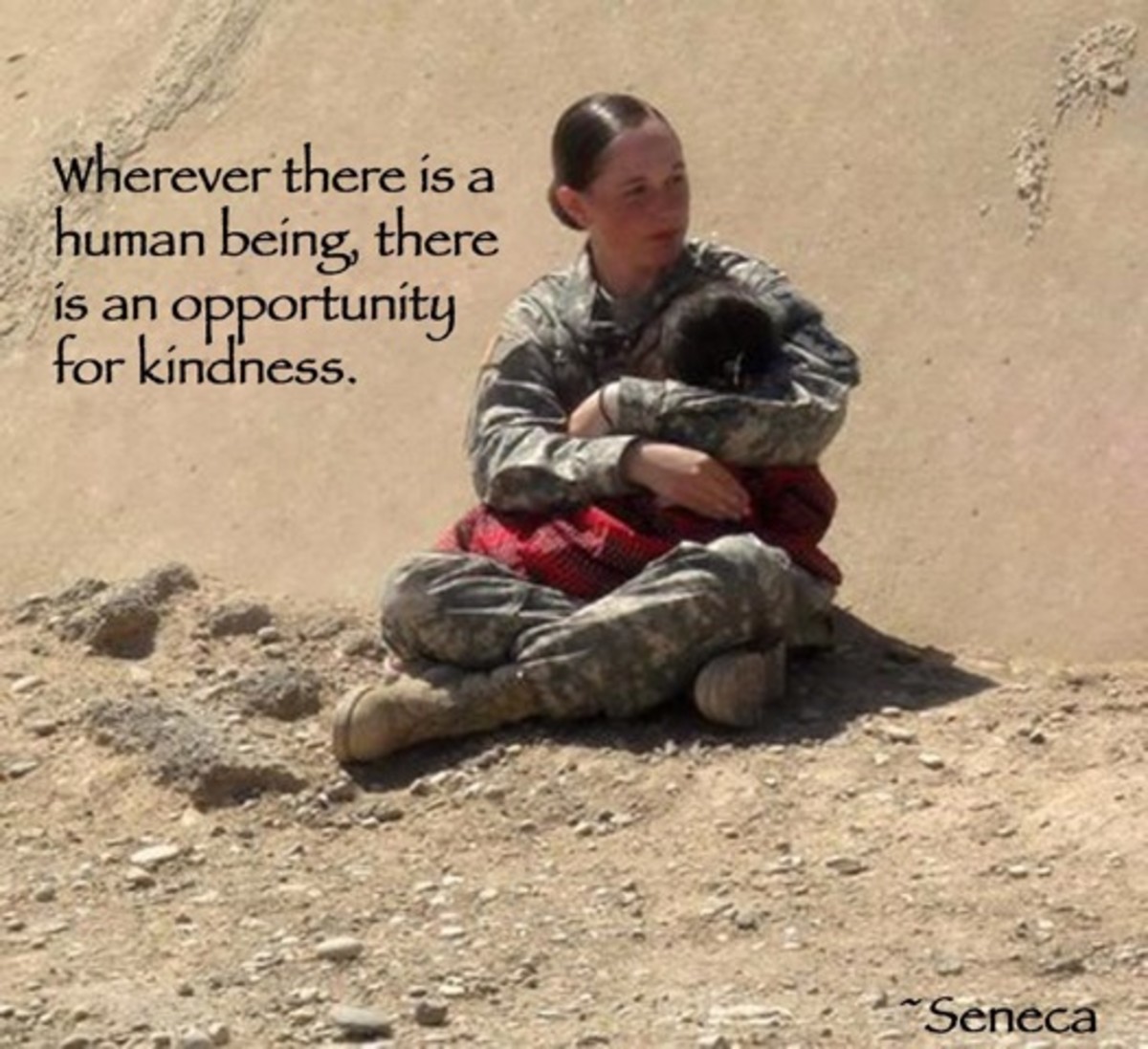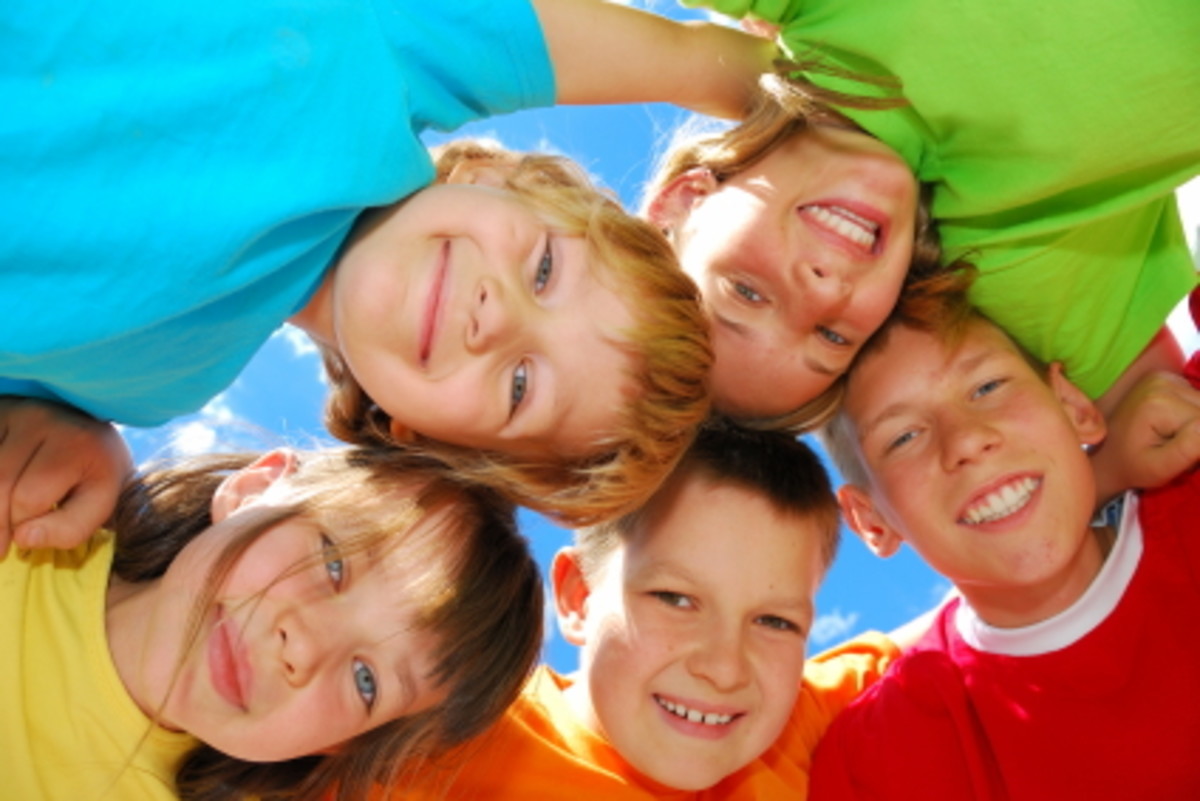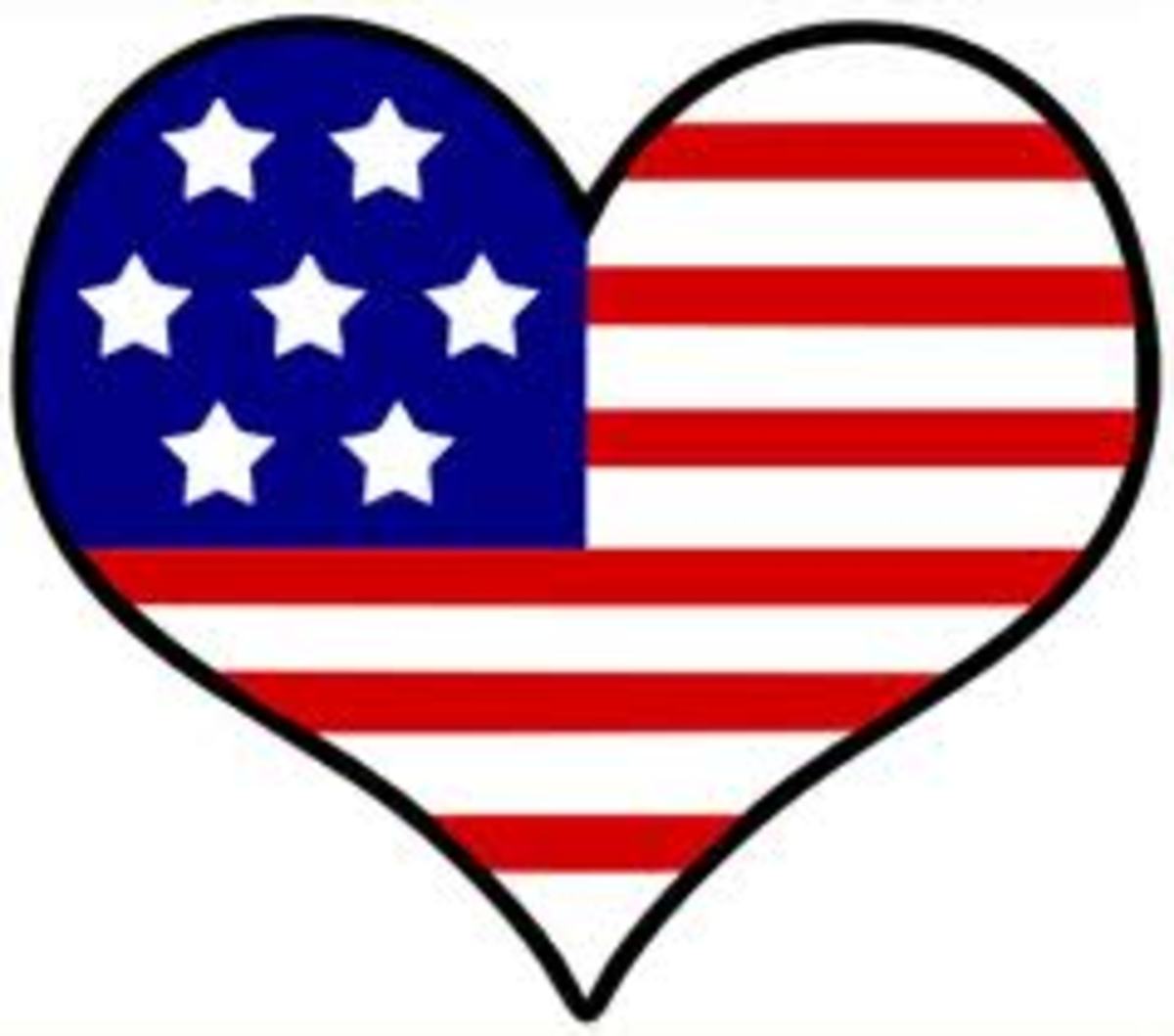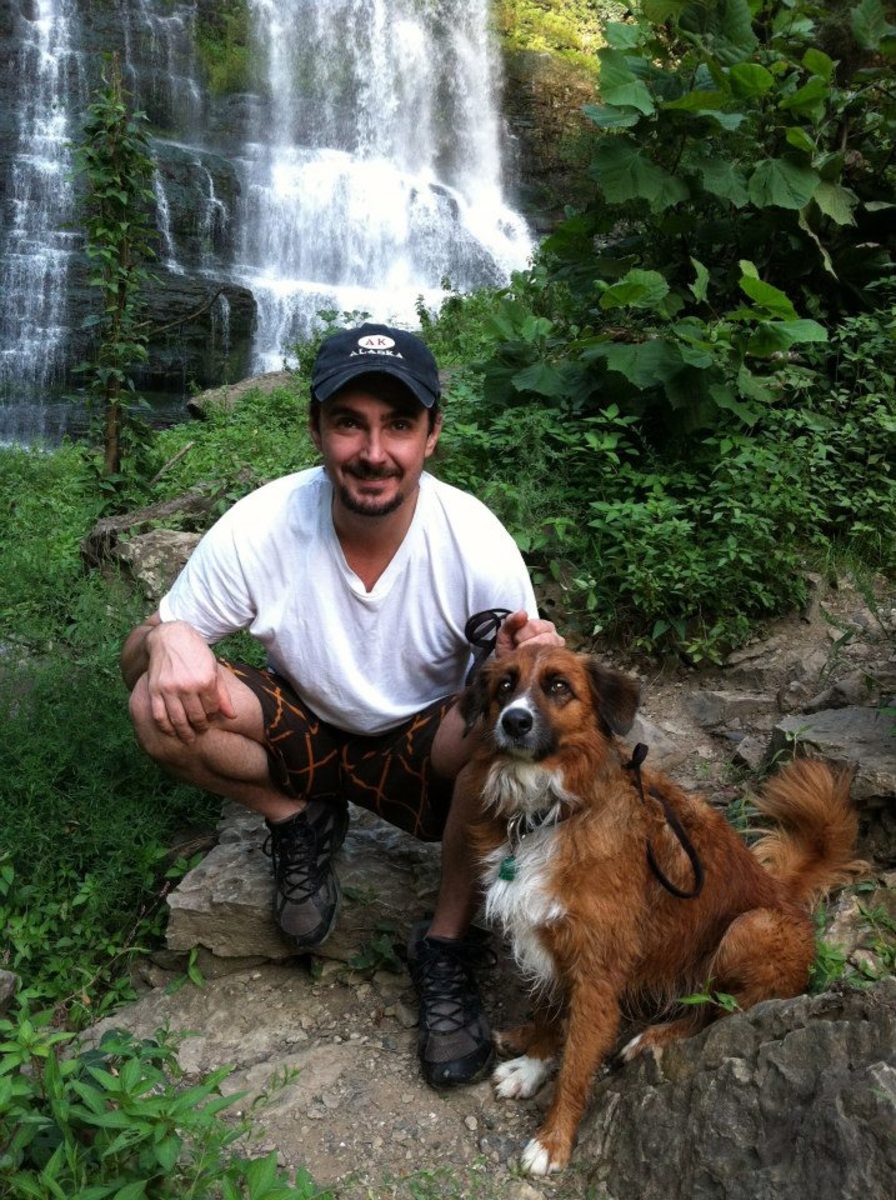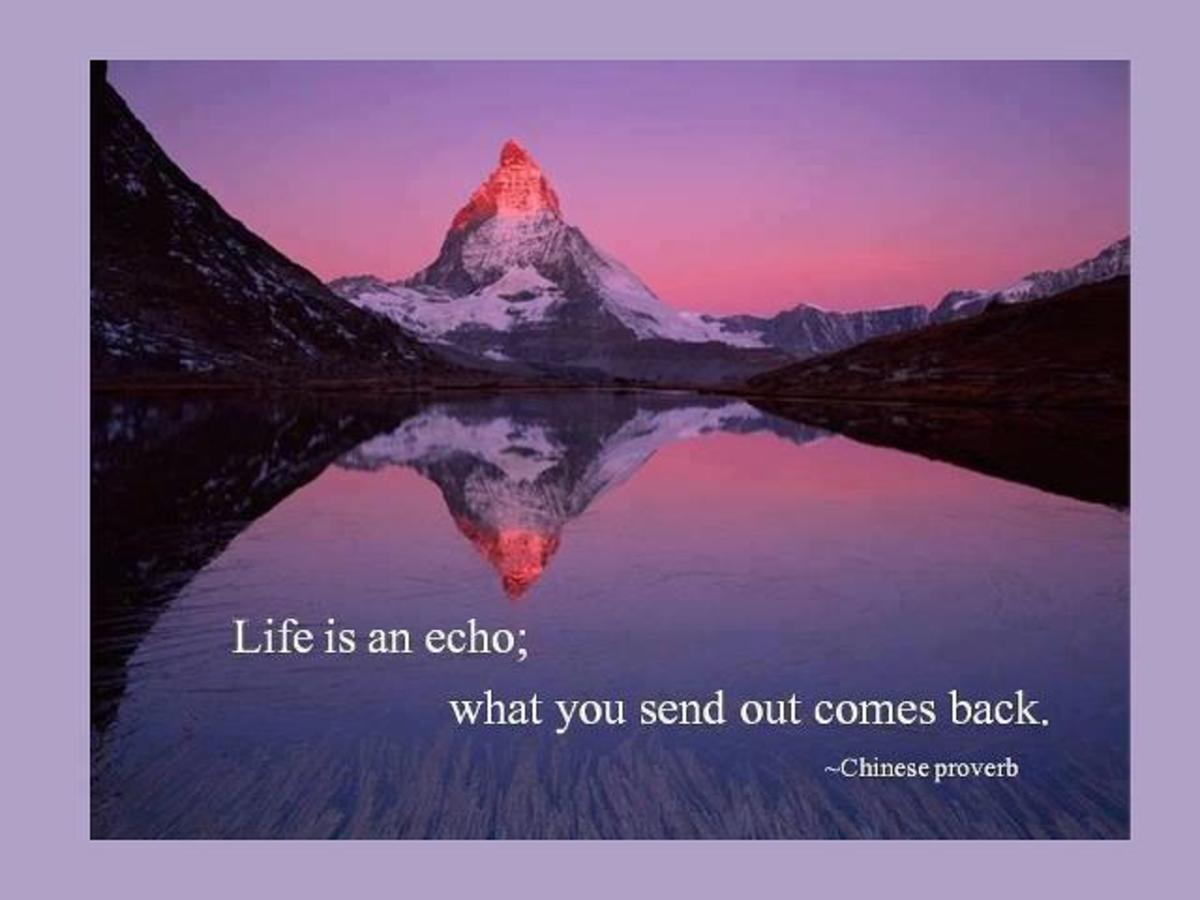- HubPages»
- Health»
- Personal Health Information & Self-Help»
- Mentally & Emotionally Balanced Living
Random Acts of Kindness and Human Nature
Random Acts of Kindness
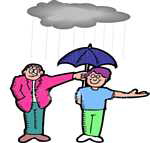
Random Acts of Kindness Week and Pay It Forward Day
- Random Acts of Kindness Week is February 11-February 17, 2013.
- Pay it Forward Day is April 25th.
Bad news dominates the headlines of current events on a daily basis. None stunned our country and the world more than the Newtown Connecticut shootings, where a community tries to make sense of the loss of 20 beautiful six and seven year old children and six caring adult women who worked in the Sandy Hook Elementary School on December 14, 2012.
The magntitude of this event has left many of us with a feeling of helplessness and questions about mankind, gun control, and our ability to protect the innocence of children and adults doing everyday things in ordinary places.
Ann Murray of NBC is trying to inspire goodness around the globe by spreading the idea of random acts of kindness to honor the victims of Sandy Hook. Through social media on Twitter and Facebook, the word is getting across the country, as she asks “Are you in?”. On Twitter type in hashtag #26ACTS.
To Know the Good Effects of Random Acts of Kindness
It only needs to be small things given to people you never met. My kids and I started doing this. In parking lots as people leave a store, we hand them a big bag of Hershey candy with a note listing all 26 names from Sandy Hook. One is checked off and we tell them this is a random act of kindness in honor of that particular person. Please pay it forward.
I can’t explain how wonderful it feels to do this. Some people thought we are trying to sell them something and walked away quickly, but the ones we got to listen got a glimmer in their eyes, a big smile on their face, and an expression of gratitude that you never experience from another person, unless you make them a recipient of a random act of kindness. We ask them to do the same to other people and to give anything big or small, from candy to a lottery ticket, or a gift card, or anything of their choosing.
I hope I can encourage you to do this too. It is easy, satisfying, and a small way to do good, even when there is bad in the world. It is a small selfless act, bestowed on a stranger, with no expectation of anything in return, except perhaps a smile on the other person’s face and an internal feeling of satisfaction that will always stay with you.
The concept of doing good deeds is actually celebrated each year in the second week of February, known as the “Random Act of Kindness” week.
So why is being kind beneficial for our psychological well being.
Many research studies have shown that there is a strong correlation between being kind to our fellow humans and our own overall well being and good health. From reducing stress to a feeling of inner peace, we benefit greatly in increased happiness and better physical, psychological and emotional health in many ways.
Random Acts of Kindness
The Benefits of Random Acts of Kindness
Some theorize that we can’t be depressed and thankful at the same time. When we shift our thoughts from inner pain to inner peace, some of our discomfort eases.
Gratitude helps us relieve stress, and opens us up to inspiration and our spirituality, our attitude actually changes.
Love and kindness, giving and receiving does us all good. Random acts of kindness connects us to others. For that instant both the giver and receiver are outwardly focused and through that bond we all gain.
Scientific research has shown the physiological benefits of random acts of kindness include:
- the ability to think better
- lower heart rate
- improved immune system
- more energy
- lower stress and lower cortisol hormone levels
- longer life
- greater satisfaction
- lower blood pressure
- less pain
A single act of kindness spreads exponentially. While bad news makes the news, good acts, acts of generosity, cooperation, consideration, and kindness spread easily too.
Random acts of kindness make a difference. In a research study done at Harvard and The University of California, San Diego, it was found that cooperative behavior does spread from one person to another, and is somewhat contagious.
People who were recipients of kind acts paid it forward in ways by helping other people who were not involved in the kind acts done to them.
There appears to be a powerful social network that can influence and shape our actions and behavior. Cooperation seems to yield other charitable acts to random people.
In this research study, when a person gave some money to help other people those who received the donation, were more likely to give their own money away, creating a kind of domino effect of goodness towards others.
The study showed cooperative behavior spreads easily, and so does uncooperative behavior. James Fowler, who helped conduct the study believes that cooperation played a role in evolution and may have been an integral part of altruism. He believes that cooperative groups probably survived better than selfish groups. The ideas of kindness, of caring of love, is a necessity of endurance and a connected life.
The Feel Good Chemicals in the Brain
Doing random acts of kindness can actually be beneficial for your health. Dr. Hans Selye, an endocrinologist wrote extensively on the subject of stress. In 1956, he wrote a book The Stress of Life. He believed that hormones within us play a significant role in the diseases we are afflicted with. He believed that kind acts have the ability to relieve stress. He called it “altruistic egoism”, and described it by saying that when we earn someone else’s love, and while helping them with their needs, we help satisfy our own needs.
Researchers have shown that being generous is contagious, that goodness encourages goodness. One single act can influence many more. Studies have shown that people tend to follow what others do. A study done at Harvard Medical School by Nicholas Christakis and James Fowler showed that cooperative behavior spreads to people who were not in the original circle of helping, creating a domino effect of ‘paying it forward.’ People who have benefited from random acts of kindness and then went on to help others
And the opposite happens too. Selfish behavior creates more selfish behavior.
Oxytocin also plays a role in helping others. This hormone is produced during birth and in lactating mothers and it is known to influence behavior. Cuddling and comfort seeking also helps produce this feel good hormone. Oxytocin helps us feel empathy for others and to trust. Love and kindness is a necessity for human cooperation and social networks. In a primal and instinctive way we understand the costs of living a connected life.
A chemist named David R. Hamilton, Ph.D did research on the health benefits of kindness. He found that kind acts released oxytocin. Oxytocin lowers blood pressure and his research showed is good for the heart.
Oxytocin also seems to play a role in our ability to read faces, understand the emotions of another person, and feel the pain of someone else’s difficulties. Oxytocin travels through the bloodstream from the brain to the organs throughout the body. Oxytocin helps brain cells communicate and appears to have a calming effect.
Giving is Good
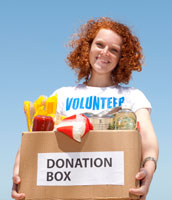
Will You Be Part of Doing Random Acts of Kindness?
Through his research Hamilton believes kindness can regenerate a damaged heart at a quicker rate. Our brain also respond to kindness and compassion by altering the neural structures of the brain. People are about 25% happier when they are kind and feel gratitude. Kindness helps relieve depression. From our heads to our toes, to our heart, mind, and soul, kindness is totally good for us.
In 2006, Jorge Moll, a neuroscientist, and other researchers at the National Institute of Health gave participants in a study, money to give to some charitable organizations. The scientists found that just the thought of giving a donation activated the same pleasure center in the brain that is associated with eating and sex. fMRIs which scan the brain showed the mesolimbic pathway, which is the reward center of the brain got stimulated.
In another study in 2007, Ariel Knafo and scientists at the department at the Hebrew University in Jerusalem discovered that there is a genetic tendency towards giving. The subjects that had variations of a a gene called "AVPR1a" gave more money than the people who don’t have this variant. This gene helps to make it easier for arginine vasopressin, which is a social bonding hormone, to act on the brain cells. This scientific study is the first to show there is a relationship between DNA and the giving part of being human.
Random acts of kindness is not a new innovation. The Sandy Hook Elementary School shooting spurred many of us to want to live in a kinder gentler world. As gun control continues to be debated and people become polarized by their views, we need to remember that we are a connected world. We bond through love and caring and divide through fear and defense.
In the end, it is our actions that count, the things we have done to make another person’s life more pleasurable, and the legacy we have left in the deeds we have done. Through random acts of kindness, we won’t cure the ills of the world, but we make it a little better. What will you do today and everyday that might make someone’s world a little brighter?


